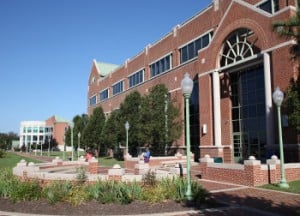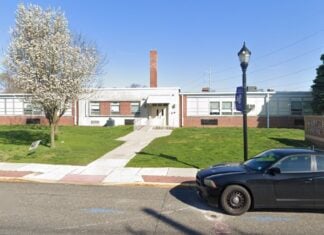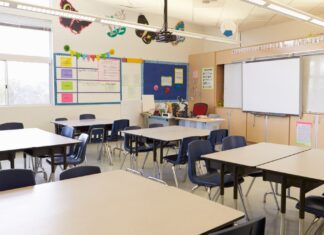
Rowan College at Burlington County students in the college’s innovative Undergraduate Research Program have helped to identify a method that provides a chemical fingerprint of wine, which can be used to predict stability, compare varietals, and resolve cases of alleged counterfeit wine.
Their research was included in a paper authored by RCBC Assistant Professor of Chemistry Terrence Sherlock and RCBC Chemistry Instructor and Undergraduate Research Initiative Coordinator Dr. Laura Stewart that was recently published in the Journal of Undergraduate Chemistry Research.
“Our Undergraduate Research program provides students high-quality experiences and opportunities that will help them succeed in the future. The opportunity to participate in hands-on original research is one of many reasons why Rowan College at Burlington County distinguishes itself as a national leader,” RCBC President Paul Drayton said. “I congratulate Mr. Sherlock, Dr. Stewart and their exceptional students. Thanks to them, I will never look at a bottle of wine without wondering what our chemistry students could tell me about what is inside.”
The article, “Developing Novel Chemical Fingerprints of Red Wine with High Performance Liquid Chromatography,” was published in the summer 2015 edition of the Journal of Undergraduate Chemistry Research. The method, outlined in the article and developed by the RCBC research program, identified four distinct acids found in wine, which gives researchers another way to characterize wine besides just pH-levels or total acidity. The ratios of the acids they identified can be used to potentially determine counterfeit wine.
“Rowan College at Burlington County undergraduate research students Justin Ryan and Janelle Santarsiero spent the academic year with me, with assistance from Dr. Stewart, studying the chemistry of wine,” said Sherlock. “This is the third time our chemistry students have had their research published in this peer-reviewed journal, and we are very proud of the undergraduate research program and the students who are a part of it.”
Students in the UGR program spend the year working with faculty in the science, math and technology division on challenging research projects in their fields of interest. At the end of the spring semester, students in the program present their research at a symposium. The UGR program has grown every year and participating students have gone on to some impressive industry internships at places such as Lockheed Martin and Fox Chase Cancer Center.
“RCBC students who complete an undergraduate research project have a definite advantage when transferring to four-year colleges or applying to highly competitive internships and summer programs,” said RCBC Biotechnology Coordinator Dr. Katharine Milani, who has helped oversee the UGR program at the college. “Many also have taken the skills developed in this program to advance to university research programs, professional healthcare programs and successful baccalaureate studies.”
RCBC is committed to providing advanced academic opportunities to high-achieving students and will be working on starting an honors program beginning in fall 2016.
“Our college attracts many exceptional students, and we pride ourselves on being able to provide opportunities for students to challenge themselves to reach their full potential,” said Dr. Stewart. “Our undergraduate research program has exceeded our expectations, and we look forward to launching a successful honors program.”









